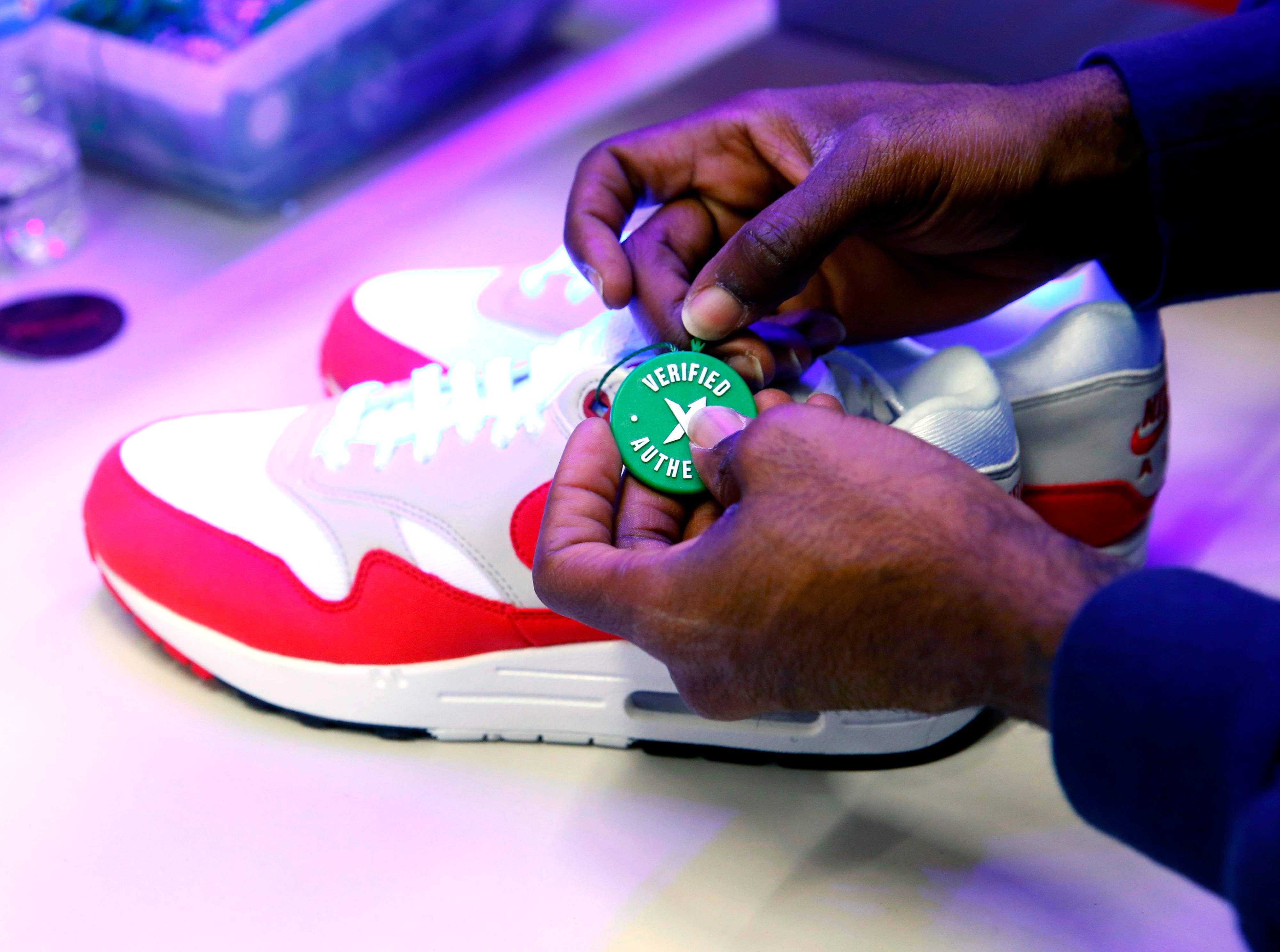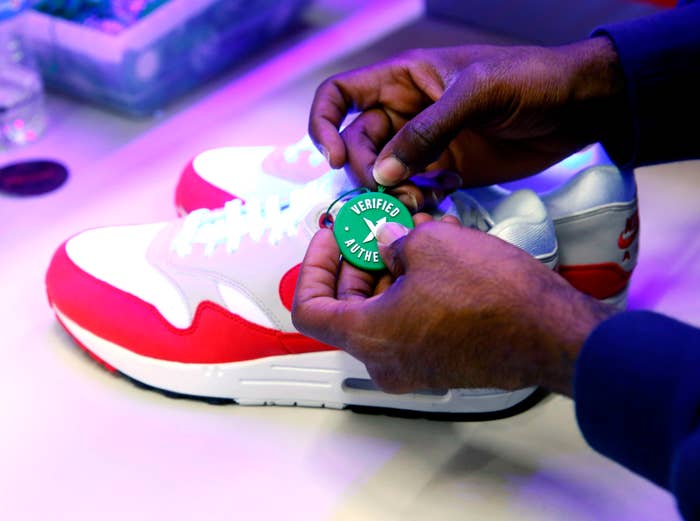
The sneaker resale market is slowing down. That's not to say that less money or limited-edition footwear is exchanging hands. On the contrary, in fact: reselling platform StockX in May and June had its biggest months of sales ever. GOAT, a similar app that lets users buy and sell shoes, has shoppers spending more time on its platform than ever. What looked like a possible lull in the market at the onset of COVID-19's global spread in the spring turned instead into a boom, with more people spending more disposable income on rare pairs. But the means by which they make their money and get the sneakers they're seeking have slowed, impacted by infrastructure restrictions imposed by social distancing guidelines.
When a sneaker is bought or sold on either marketplace, it embarks on a journey. The seller packages the pair up and sends it off to a center where it is checked for legitimacy and condition. If GOAT or StockX deems the shoe authentic and as described in the listing, it carries on past the middleman and to its buyer at the other end of the transaction. These centers, warehouses where endless pairs are inspected on a daily basis, are the pain points in the supply chain. As both companies enjoy a spike in activity, they've also been forced to reorganize their workforces to maintain safe workplaces and mitigate the spread of the novel coronavirus.
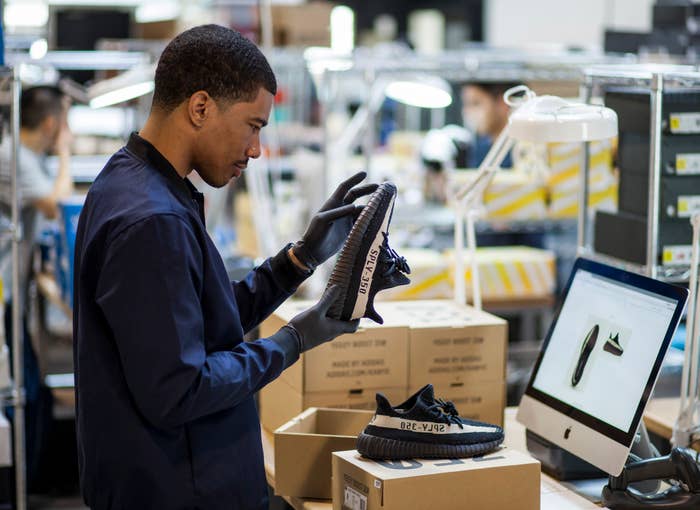
"At StockX, we have prioritized the health and safety of our front-line workers while also experiencing record volumes of traffic, trades, and new buyers and sellers on our platform," the company says through a spokesperson. "While we are positioned to capitalize on this explosive growth and the narrowing of the digital divide, the reality is that the trifecta of the surge in volume, ongoing challenges to operate safely in the middle of a pandemic, and slowdowns from third-party transportation carriers have contributed to a delay in shipments and payouts."
Open up the app to sell a pair and you'll see a warning about the delay, a message at the top of the screen saying that payouts could take one to two weeks to arrive. According to a spokesperson, the average delay for orders and payouts now is 10 days. At the beginning of the year, a New York-based seller could ship their shoes out on a Monday and expect payment by Tuesday. Now, users are faced with conditions that leave massive sales caught up for weeks at a time. One told Complex that he had over 1,000 sold sneakers in his account stuck on "pending" status for over six weeks. Another, Abdullah Hussain, who says he's sold over $1.2 million worth of sneakers on StockX since March, explained that his business has been good but nonetheless impacted by the payout issues.
"A lot of stuff that I wasn't able to sell before is starting to sell and lots of retro prices have been going up," Hussain says. "The StockX back-up messes up the cash flow, but I do sell on GOAT and they are authenticated same day, which makes up for it."
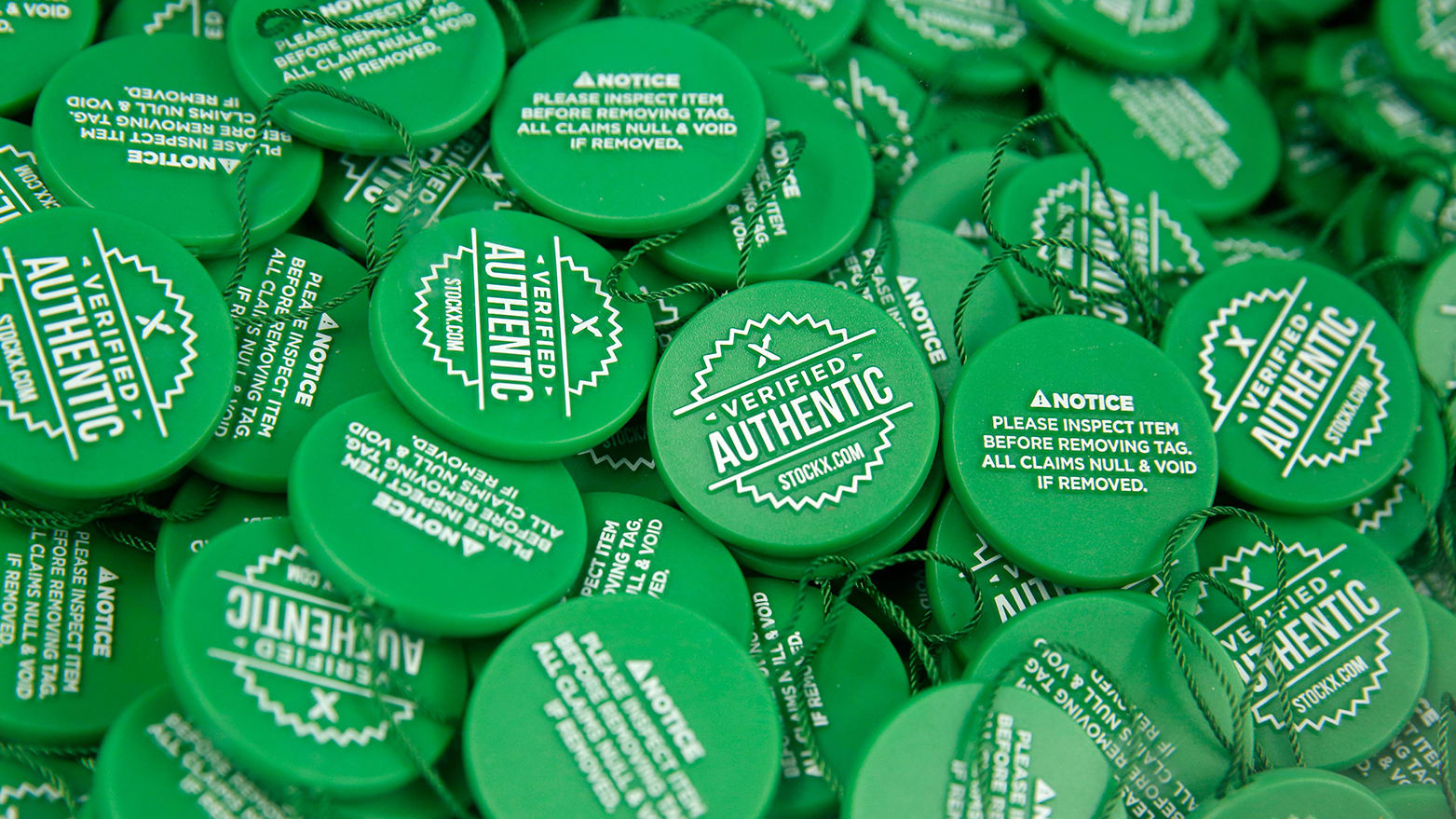
In a YouTube video he posted about the issue, Hussain advised viewers that while StockX is a good platform, they shouldn't currently use it for selling if they're low on capital. Both resellers say that StockX was smoother and GOAT struggled at the beginning of the COVID-19 shutdown, but that GOAT has since become more reliable and quicker to disperse payments.
"We were able to quickly implement new best practices and strict standards within our warehouses," says GOAT CEO and co-founder Eddy Lu, "while reinforcing systems that are safe and effective for users as well as our employees."
I've experienced the recently sluggish pace on a personal level, although with a sample size much smaller than those of the high-volume resellers quoted here. In my experience, StockX has been the slower option for selling—in the most extreme case, I waited just over a month to receive payment for a pair I sold. Bizarrely, other sneakers I've sent to its authentication center in Moonachie, New Jersey, that sold weeks later were paid out first, albeit slightly slower than they would have in been pre-COVID times. Still, I didn't have to wait for the full week warned in the message at the top of the app's selling portal.
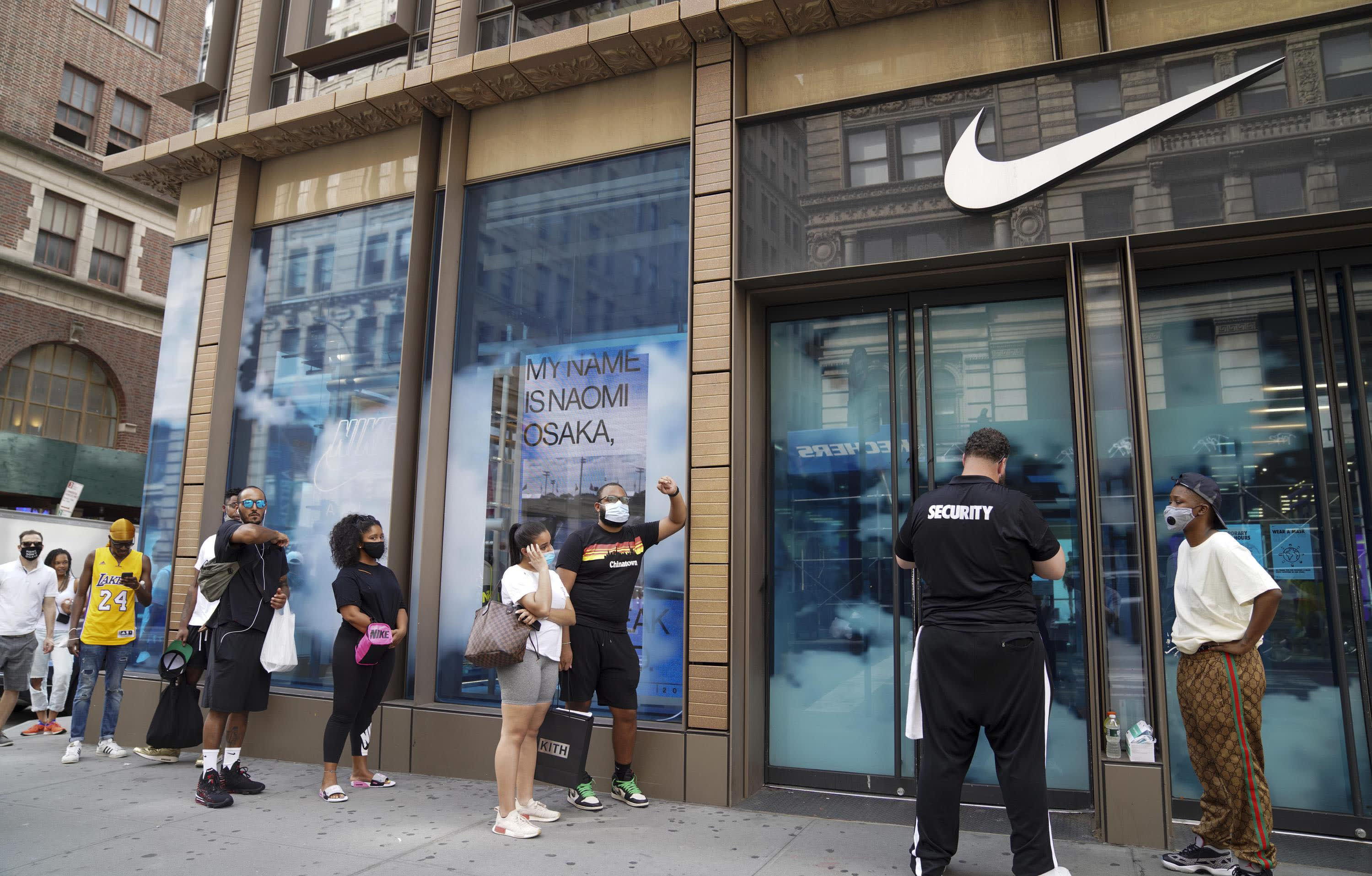
I was also able to unload around 50 pairs at StockX's storefront dropoff in New York City last week. This allows for a quicker payout that happens in a matter of days, but that space is open by appointment only and is not a viable solution for most users. For those who can't access the dropoff, StockX says that it's almost conquered its long queue of outstanding orders.
"Our dedicated team has been working day and night to address the backlog and deliver the level of service our customers have come to expect," says a spokesperson. "As a result of these efforts, our standard shipping times are on track to resume by next week."
The spokesperson added that the company is creating more channels of communication for customers and opening additional authentication centers to handle its increase in volume.
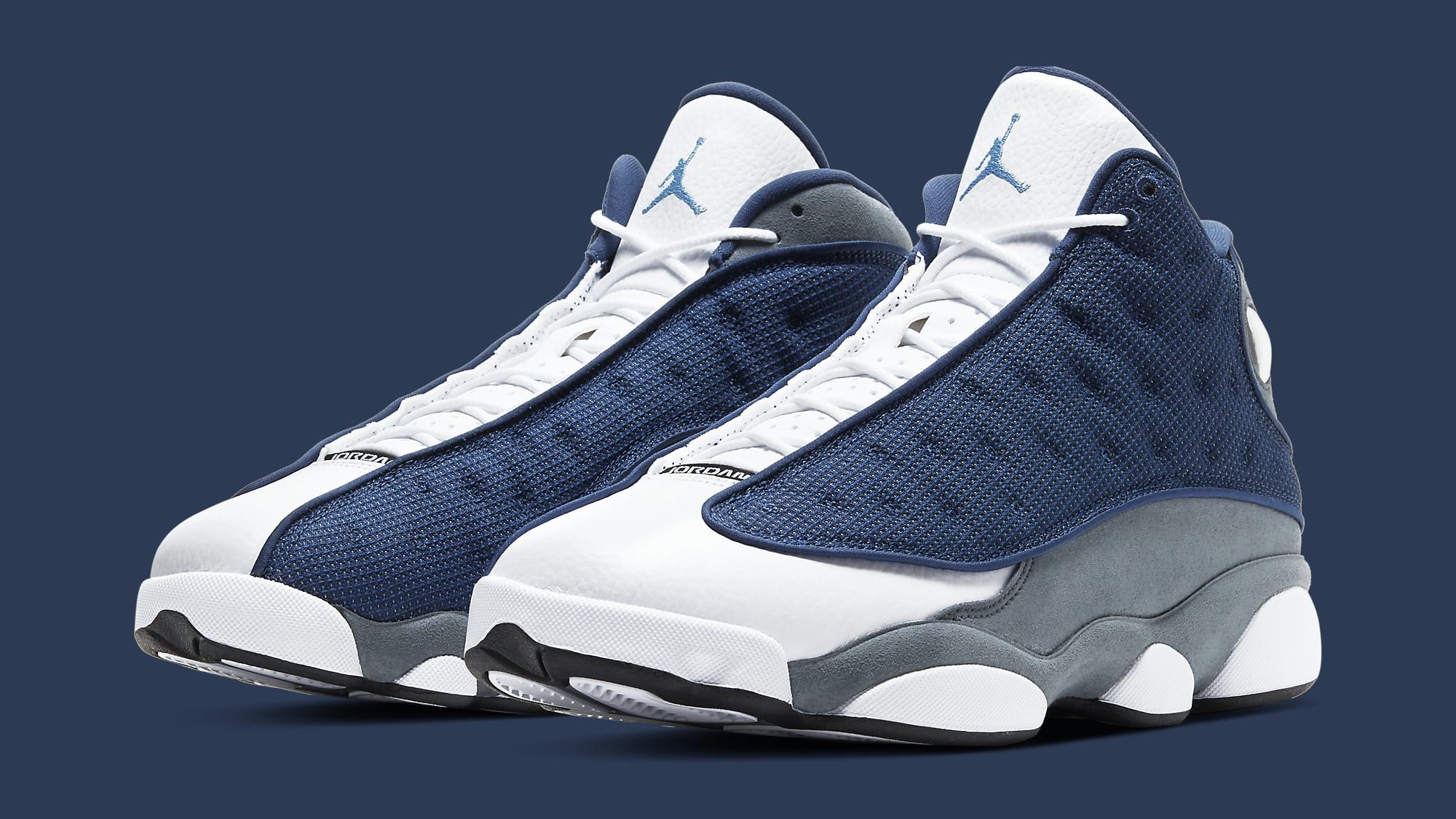
The rising sales pumping through StockX's network of authentication centers have placed a strain on the company. A Business Insider report from April described a "crisis" at these warehouses, where employees had concerns that the company was prioritizing profits over their safety. StockX dismissed the claims in a press release response, calling the Business Insider piece "a sensationalist article [that] was published with a misleading headline that prioritized click-throughs over actual reporting."
It's maintained that it is taking the necessary precautions to protect workers and adhere to social distancing guidelines, hence the pipeline disruption resulting in delays in shipping and payouts, but there is still some concern inside StockX. One internal Slack message posted by an employee in July and shared with Complex by another employee called its operations "drastically understaffed" and complained about a backlog of over 100,000 orders to work through.
"Morale is significantly low and our team is having a hard time working with a 'sense of urgency' when we don't see any result from it," the employee wrote on Slack.
If GOAT's infrastructure is hurting in the same way, it's not showing as much publicly. It did shut down warehouses during the pandemic, but hasn't been besieged by the same social media complaints as StockX. This could owe to the relative size of its business—neither publishes regular sales reports, but StockX is generally the more popular among resellers. The resellers mentioned above do most of their business on StockX because, they say, items sell faster on the platform. And though the money has been sometimes stagnant, it hasn't stopped them.
"Honestly, if it was a year ago, I probably would've slowed down, but since I have a decent amount of capital now, I continued to operate as if nothing was wrong," says Hussain about his business during the COVID shutdown. "I did think about slowing down selling on StockX, but never actually did."

